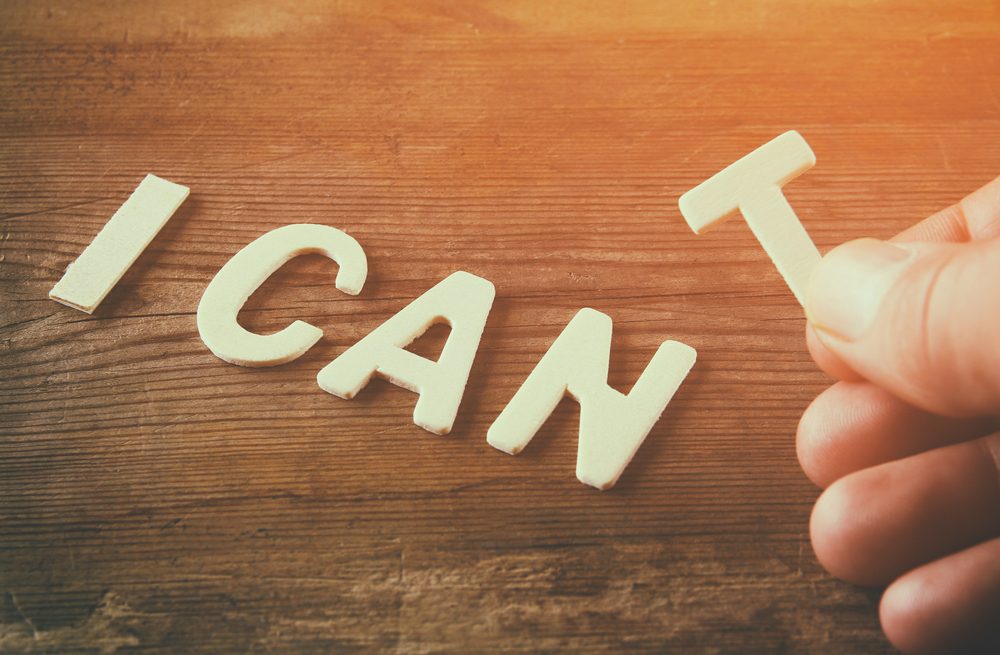Reflecting on What Makes Me Rare

Being diagnosed with a chronic illness isn’t easy by any stretch of the imagination. It comes with a new medical language to learn, a plethora of lengthy appointments, an impressive amount of blood tests, and a lot of frustration. But does it lead to a new and rare purpose?
When I received my diagnosis six years ago at 22 years old I thought my life was over. A little dramatic, right? But that’s who I was back then. The “old” me didn’t eat enough (and certainly nothing healthy) and worked far too much.
I took many things for granted: friends, family, boyfriends, even my health. I wasn’t grateful for my experiences and was overly anxious, sometimes about absolutely nothing. I worried about things I had no control over.
Everything changed
I was diagnosed with MS in May 2013. I’d never been admitted to the hospital as a patient before and was more scared than I’d ever been. I was in my 20s surrounded by stroke patients with dementia in their 70s.
In three days, I lost the career for which I’d worked so hard at university. I joined a minority of people who live with chronic illness. My life changed forever.
My doctor told me to go home and research my condition in my own time. As you can imagine, I came across many wheelchair pictures and countless negative stories. I learned about many scary symptoms experienced by others with MS.
I went from being a perfectly healthy 22-year-old woman to no longer being able to use the left side of my body and being labeled “disabled.” It was a complete shock, followed by a period of depression and confusion.
Learning from my rare disease
Over time, I started to change. I came face to face with my mortality. My appreciation of my life and gratitude for the people in it grew. I stopped worrying so much about the things that had once consumed my energy.
I gained a lot from losing my left side, including a rare perspective on life.
It took me four years to recover from the initial relapse and regain the use of my hands. Eventually, I felt I could make change happen in the MS community. I started my journey in patient advocacy because I wanted to make something good come of my diagnosis.
As my mum said at the time, “These things were sent to test us.” And test me they did.
Making change happen
I started writing for the National Multiple Sclerosis Society and became their first international blogger. They encouraged me to include an illustration with each post. I feared I would lose the ability to use my hand again, but I stuck with it.
I wanted to change the diagnosis experience for others. If doctors had told me to go home and Google the disease, the chances were that they were telling others that, too. I didn’t want people to have the same experience as mine.
I created the ENabled Warriors Facebook group and launched the “DISabled to ENabled“ podcast. I also found Multiple Sclerosis News Today — or rather it found me. I was encouraged to write about issues that affect the MS community. All of my creative projects have helped me to come to terms with my diagnosis.
From worrier to warrior
I’ve developed rare courage by talking about my experiences. If it weren’t for MS, I would still be that shy, unconfident girl who worried about everything. My illness has transformed me from a worrier to a warrior.
I always say that MS is like winning a ticket nobody wants to the most exclusive club in town. But I’m proud to be part of a rare minority. I teach people about my illness instead of hiding it away.
In the U.K., approximately 1 in 500 people have MS. It is incredible to be part of a unique group of people who live differently and have different needs. We have strengths that others may never witness. We are grateful for the good days because we appreciate how short life is and know how quickly things can change.
We are the people affected by MS. We can make change happen.
How does your illness make you rare?
***
Note: Multiple Sclerosis News Today is strictly a news and information website about the disease. It does not provide medical advice, diagnosis, or treatment. This content is not intended to be a substitute for professional medical advice, diagnosis, or treatment. Always seek the advice of your physician or other qualified health provider with any questions you may have regarding a medical condition. Never disregard professional medical advice or delay in seeking it because of something you have read on this website. The opinions expressed in this column are not those of Multiple Sclerosis News Today or its parent company, Bionews Services, and are intended to spark discussion about issues pertaining to multiple sclerosis.







Tamara Sellman
Jessie, our stories are quite similar! We are 25 years apart, but the circumstances are much the same.
Also DXed in May 2013, just a couple weeks shy of earning a new medical certification to launch that big, hoped-for return to my career after raising 2 kids. Lost my ability to read, of all things. (I've regained it, thankfully.) Hands were also (and continue to be) a problem, thanks to having RA on top of MS. Good times. (not)
I did manage to work for about 2 years in a sleep lab but that was risky and I left because chronic circadian disruption is unhealthy even for healthy people.
But I've learned many similar things along the way, as you have: self-care matters, we can still do things but maybe not in the way we expect, and helping others is how we can make lemonade from the lemons we've been given (though I like your lottery ticket analogy much better!).
Good luck to you and keep up the great work!
Tamara